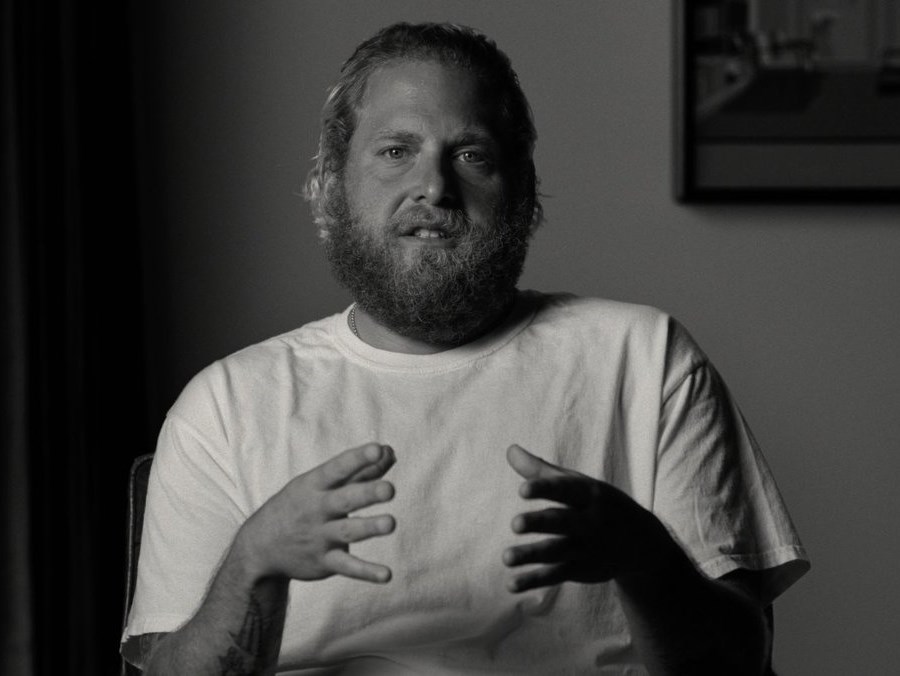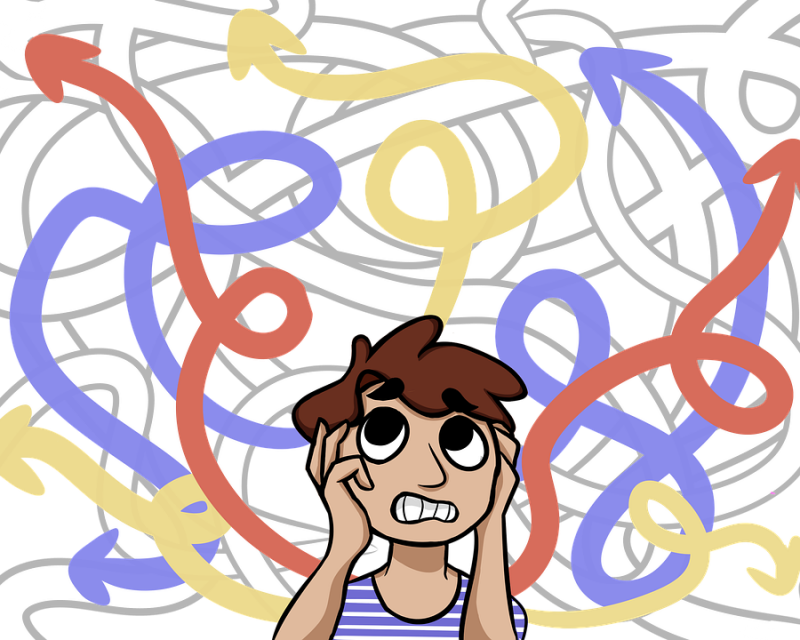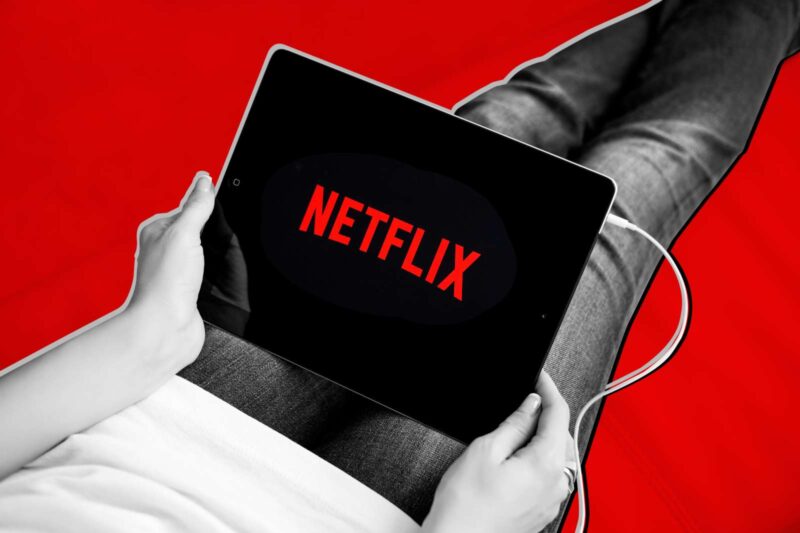Therapy speak has entered the chat
Therapy. It used to be something you hoped you never needed and hid if you did, but as millennials and zoomers (Gen Z) lead the charge in destigmatising (certain) mental health issues publicly – therapy jargon has started to filter out into our everyday conversations online.
If you’ve ever described a past relationship as toxic, complained of being triggered or joked about your co-dependant tendencies while bemoaning your anxious attachment style, then you have engaged in the rising trend of “therapy speak”. And while having a broader vocabulary for the human condition can’t be a bad thing, therapeutic language used out of context can have dangerous consequences.
This was made painfully clear with the calling out of actor/producer Jonah Hill recently by his ex-girlfriend Sarah Brady over his weaponising therapy terminology throughout their relationship. In screenshots posted to her Instagram stories, Brady shared a series of texts from Hill in which he pressured her (a semi-pro surfer) to remove bikini shots from her social media, refrain from surfing with men or fraternise with ‘unstable’ women because these actions cross his “boundaries for romantic partnership.”
This behaviour becomes all the more concerning given one of Hill’s most recent outputs as a creative was a documentary with his renowned Hollywood psychologist titled ‘Stutz’ about their relationship and therapy journey.
While the documentary largely garnered praise from the public, some psychologists voiced their concerns around Phil Stutz’ unconventional tactics. One such psychotherapist, James Davies told VICE that, “From the standpoint of some measures, Stutz rejects much that’s associated with good therapeutic work – maintaining boundaries, not giving advice and not relying on untested theories.”
Davies adds, “He (Stutz) demands total faith for healing and life-transformation to occur. What distinguishes this approach from work in clinical psychology is that it’s totally divorced from any scientific evidence base. In the place of evidence, we have faith. In the place of research-led practice, we have charismatic leadership.”
As put by culture writer Rebecca Fishbein in a chat on the All Things Considered podcast, “we have more access to more voices because of social media, so it’s giving us an opportunity to think beyond ourselves and beyond our immediate friendships, too.”
Subsequently we are being exposed to therapy terminology out of context, which leads us to quick label relational dynamics outside of the clinic – pathologising run-of-the-mill behaviour in ways that is largely doing more harm than good.
On TikTok an account by the name Therapy Jeff, breaks down why in the case of Jonah Hill, therapy speak can be another way to harm someone in a relationship.
In the video that has been viewed over 1.4 million times, Jeff Guenther, a licensed professional counselor from Portland, Oregon says what makes the misuse of therapy speak so dangerous is that it “masks controlling behaviour under a commonly accepted positive concept, in this case ‘boundaries’, making it harder for the person on the receiving end to challenge it.”
He adds, “A boundary is a healthy limit a person sets for themselves to protect their wellbeing and integrity. It is a rule or guideline that one creates to identify reasonable safe and permissible ways for others to behave towards them and how they’ll respond when someone passes those limits.”
“This is not an example of healthy boundary setting. Instead, it reflects an attempt at control… Jonah’s message is more about restricting Sarah’s behaviour to suit his comfort levels and insecurities.”
@therapyjeff Jonah Hill was using therapy speak to control his girlfriend. #jonahhill #therapyspeak #therapy #mentalhealth #manipulation
And while the use of therapy jargon isn’t new persay, the way we are using it has shifted.
In an article in British Vouge, author and psychotherapist Charlotte Fox Weber argues that the abuse of therapy terminology actually has the opposite effect that the majority of users intend.
“We’ve overcorrected our historical avoidance of psychology by labelling everything. But the weaponisation of mental health terminology does the opposite of inviting honest discussion,” says Fox Weber.
“We should recognise the limitations of language, the harm of diagnoses that invalidate and devalue, and the fluidity of therapeutic descriptions.”
In her podcast, Where Should We Begin, Belgian American psychotherapist Esther Perel brings listeners into a therapy session and inside a troubled relationship. However she argues that untrained people using ‘psychobabble’ lack the nuance needed.
“On one hand, there is an importance in gaining clarity when you name certain things. On the other hand, there is a danger that you lose all nuance, that you’re basically trying to elevate your personal comments and personal experience by invoking the higher authority of psychobabble,” says Perel.
“There’s a reason we go to school for umpteen years and continue to be trained until we drop dead, because we still don’t know it all. It’s very important to show that therapy is a highly relational, nuanced, and contextual conversation. That is very different from what you get on TikTok or IG or your friends in armchairs.”




